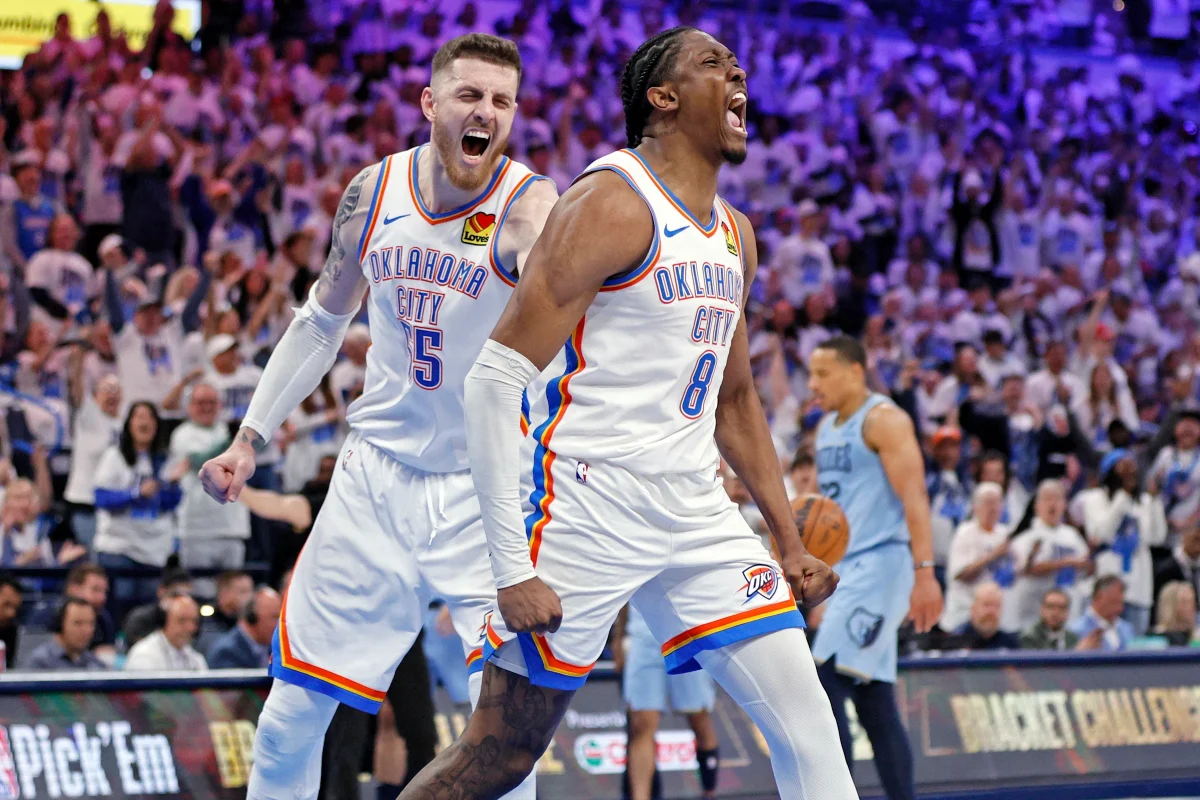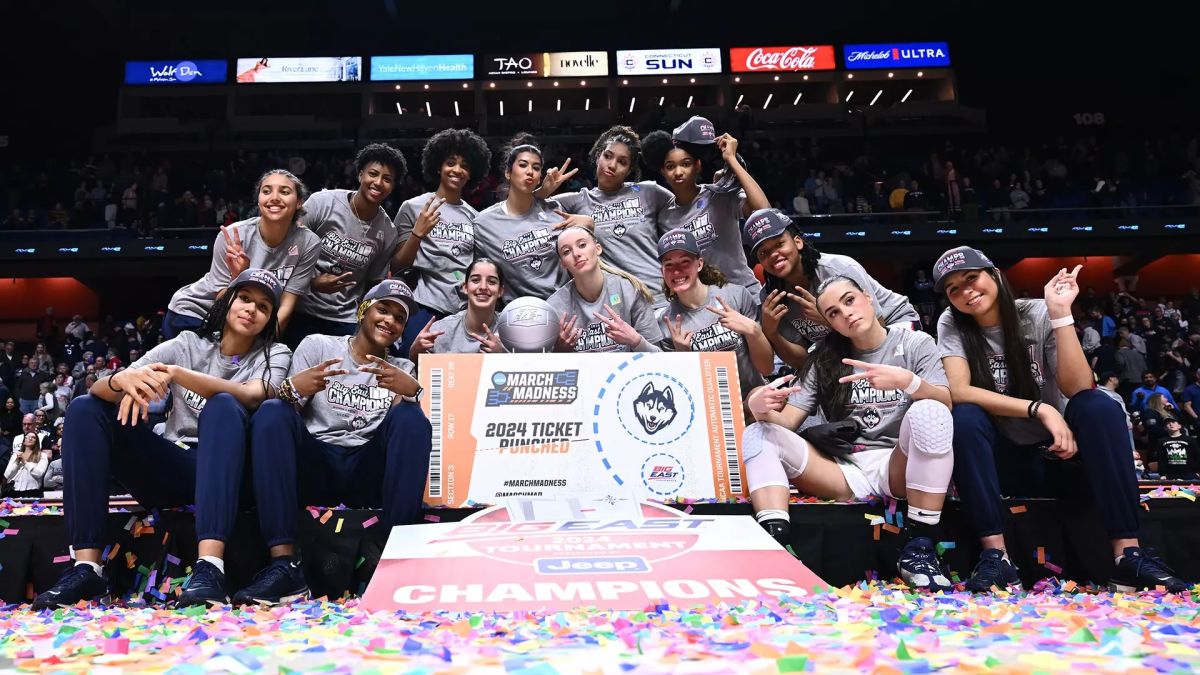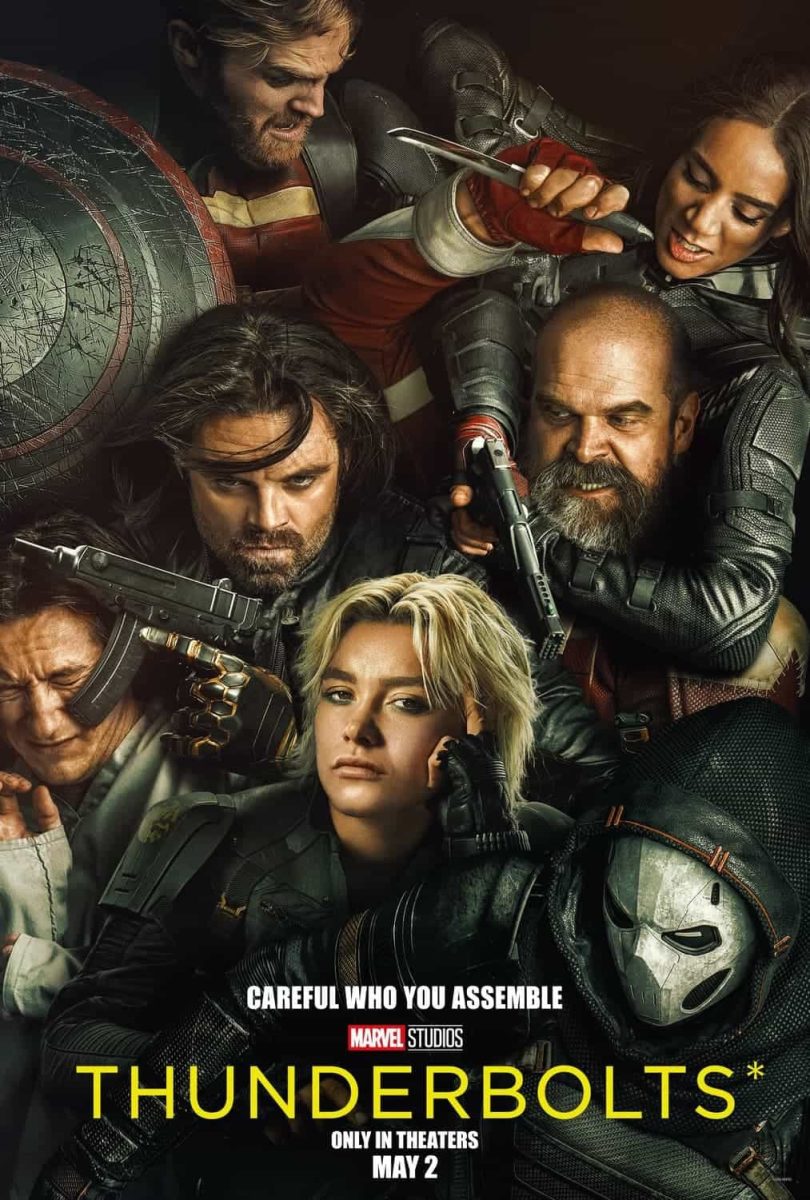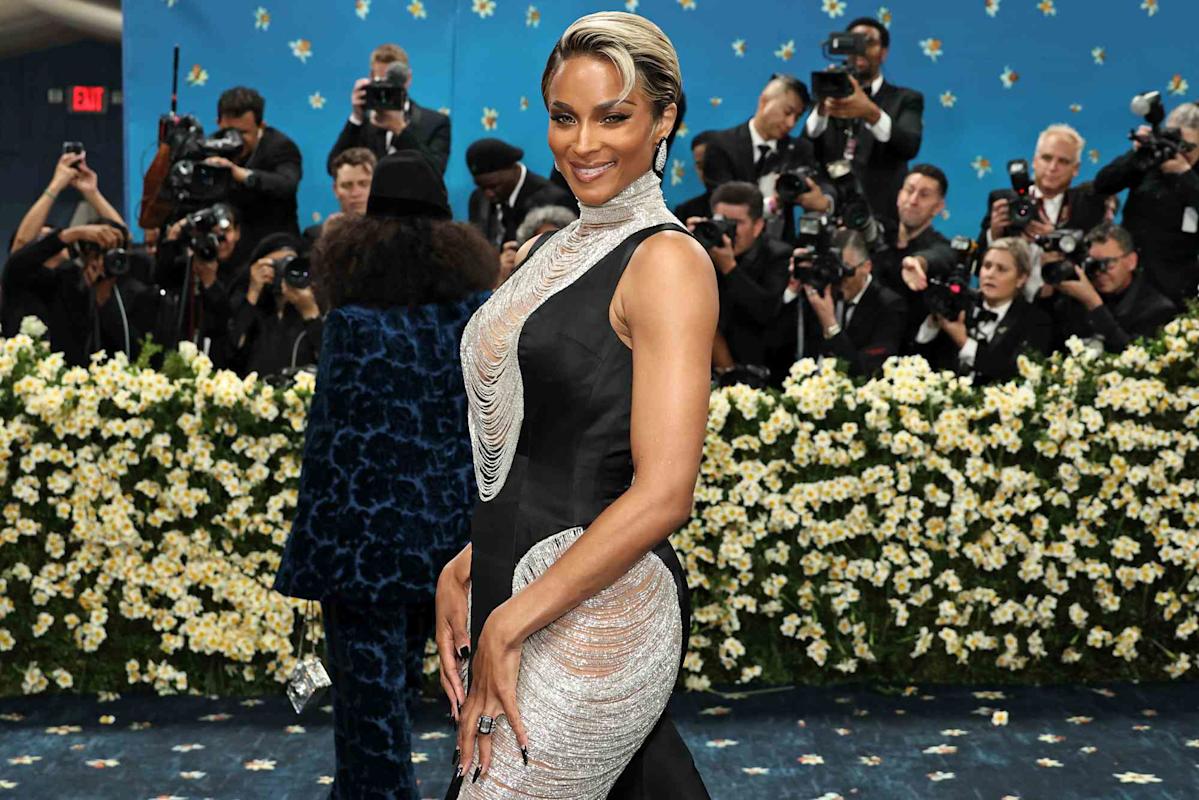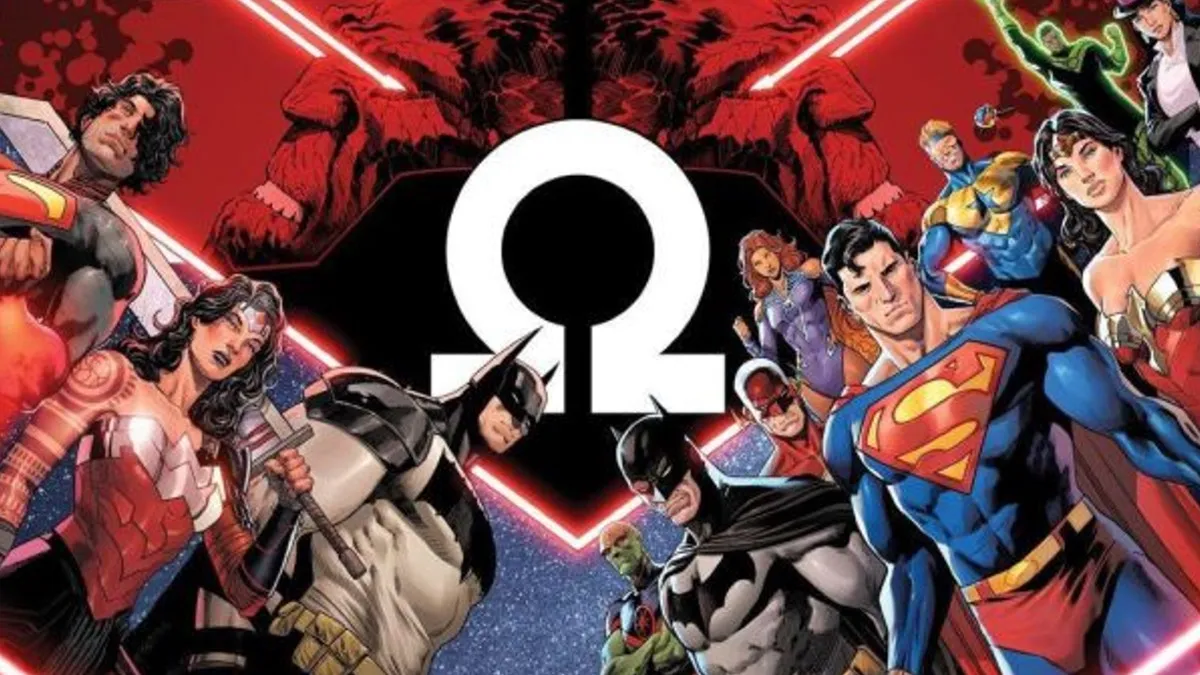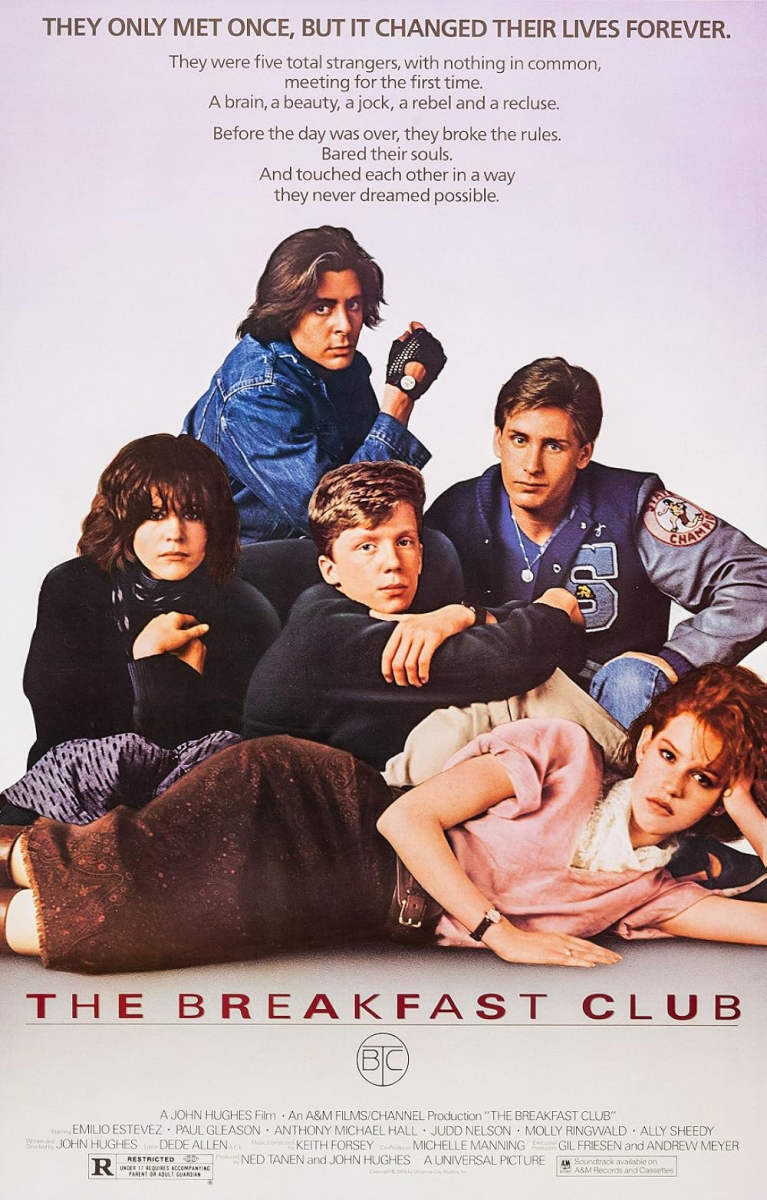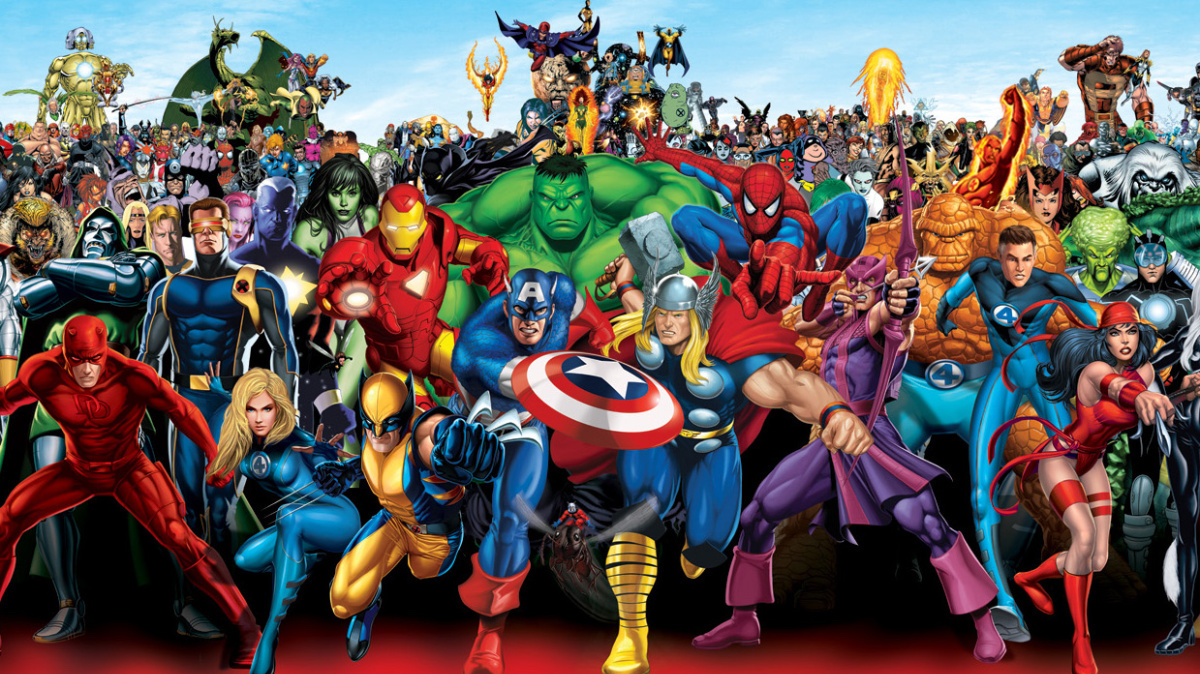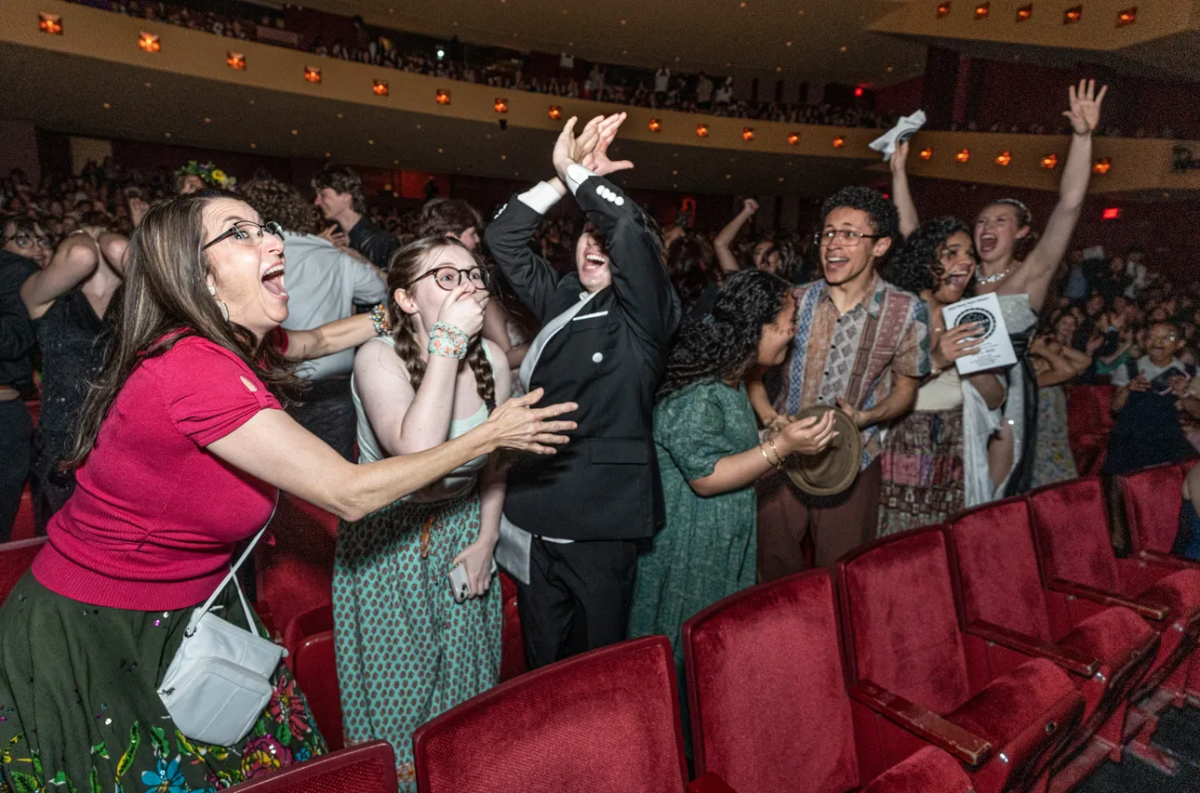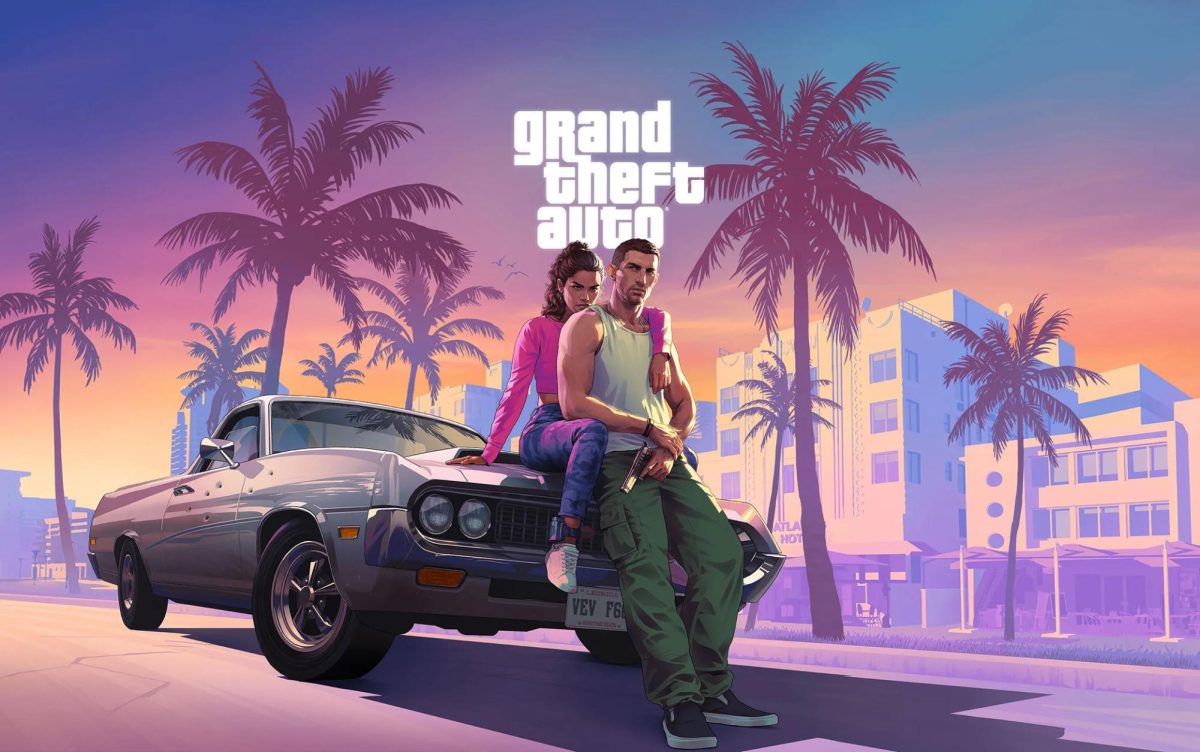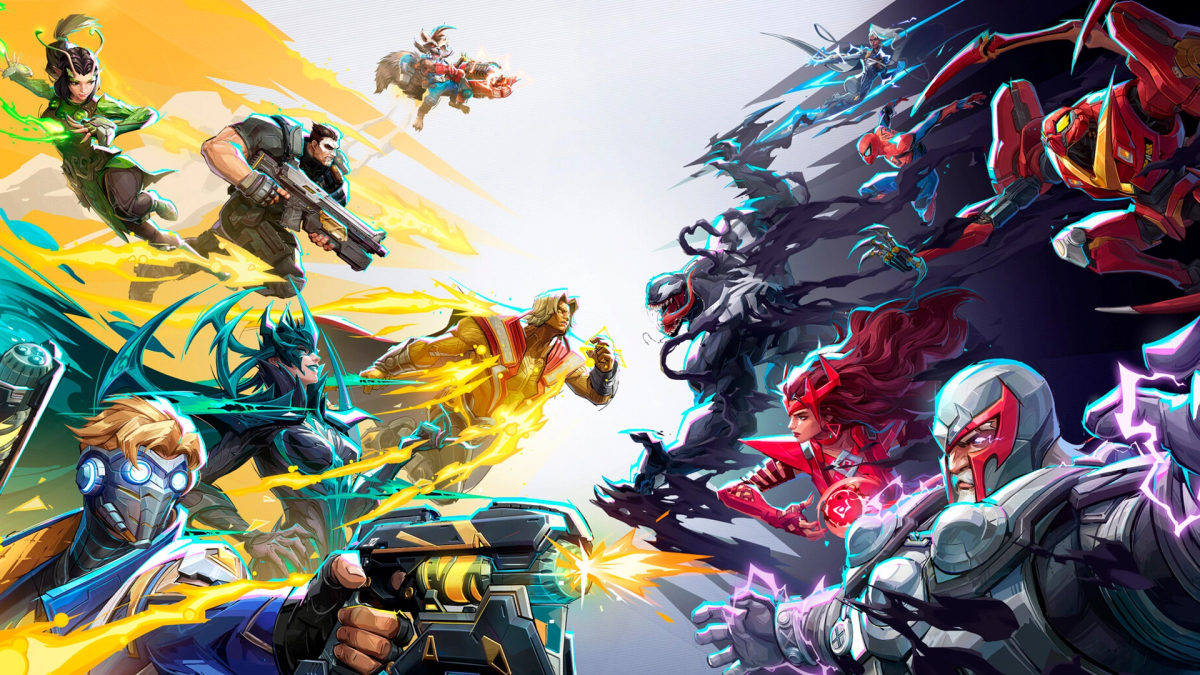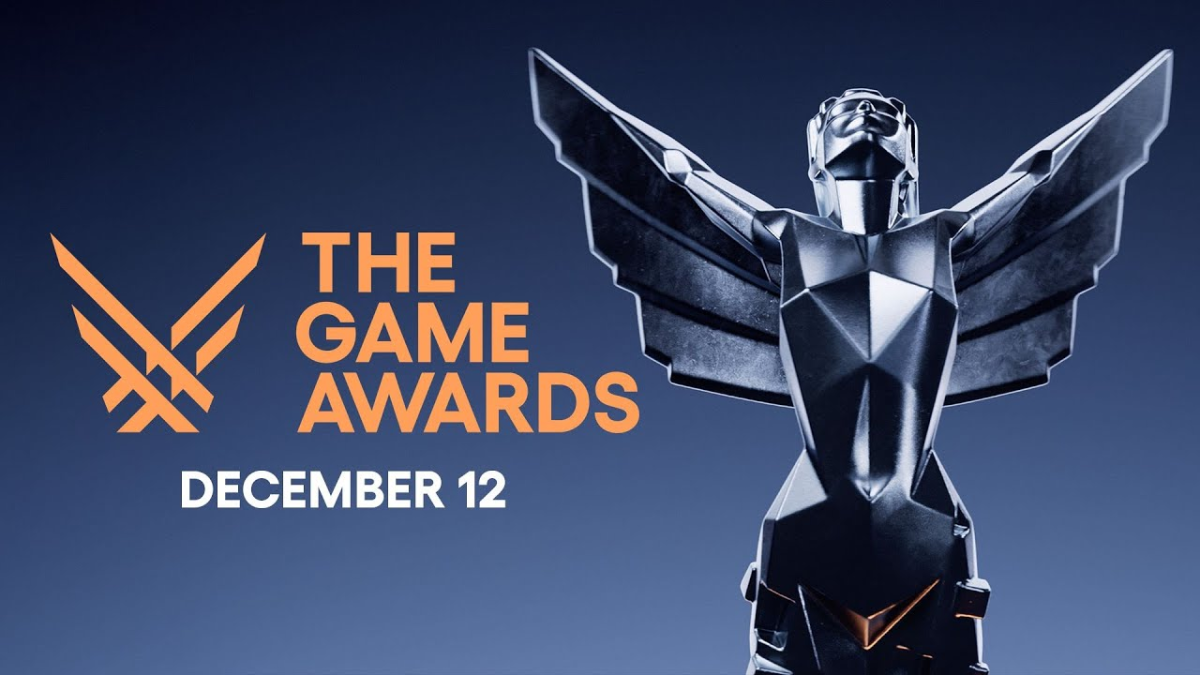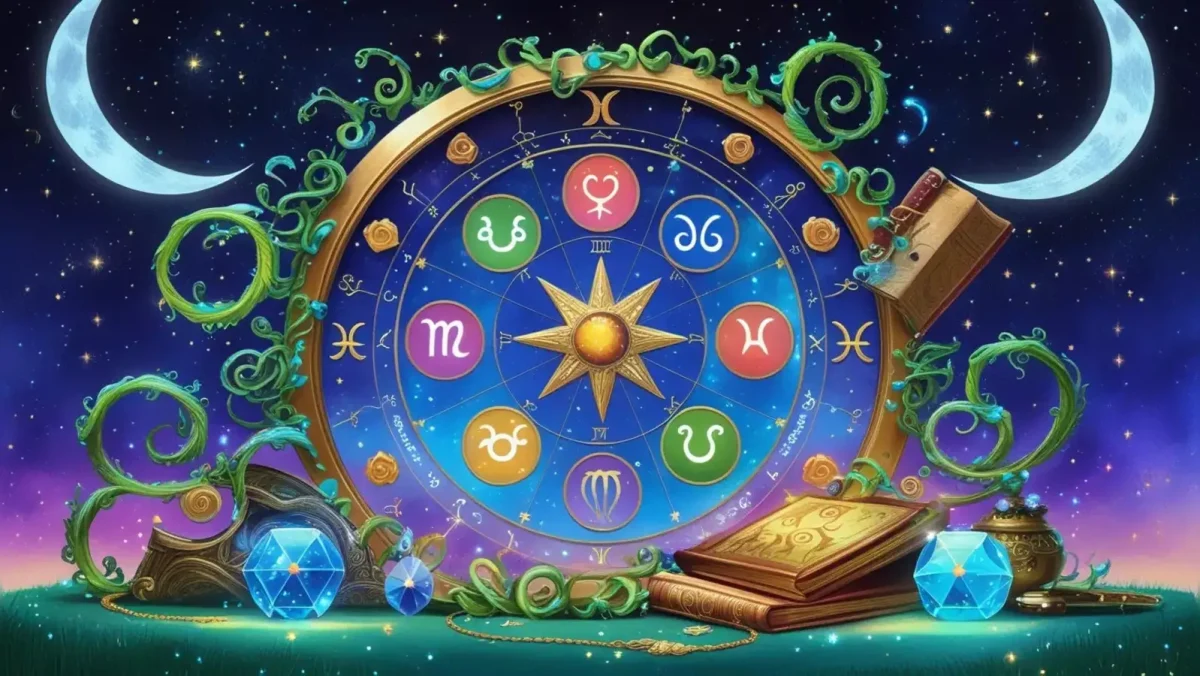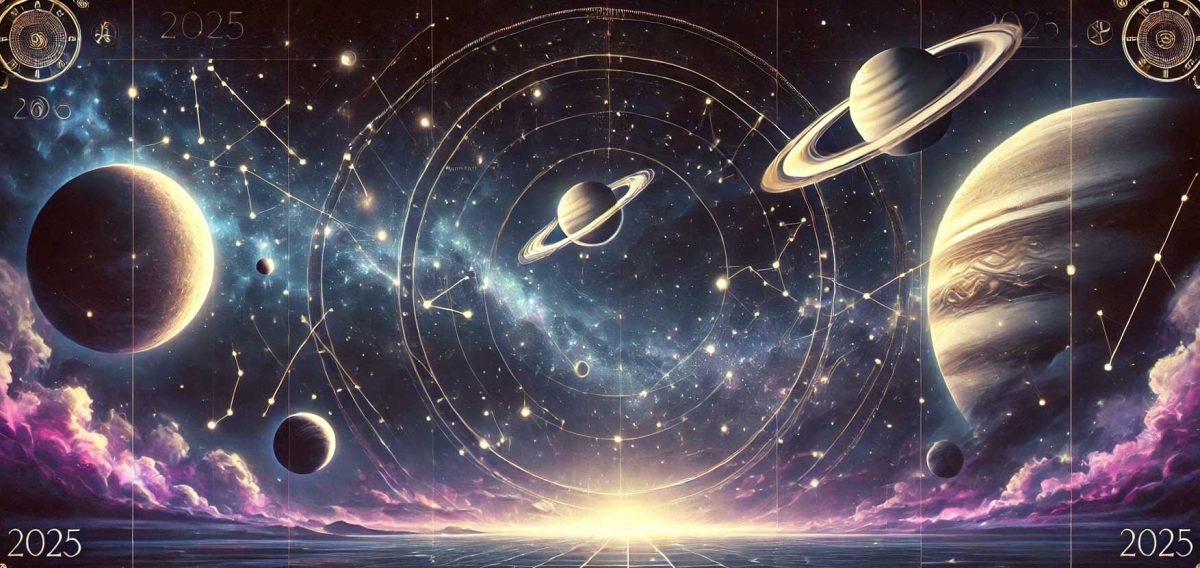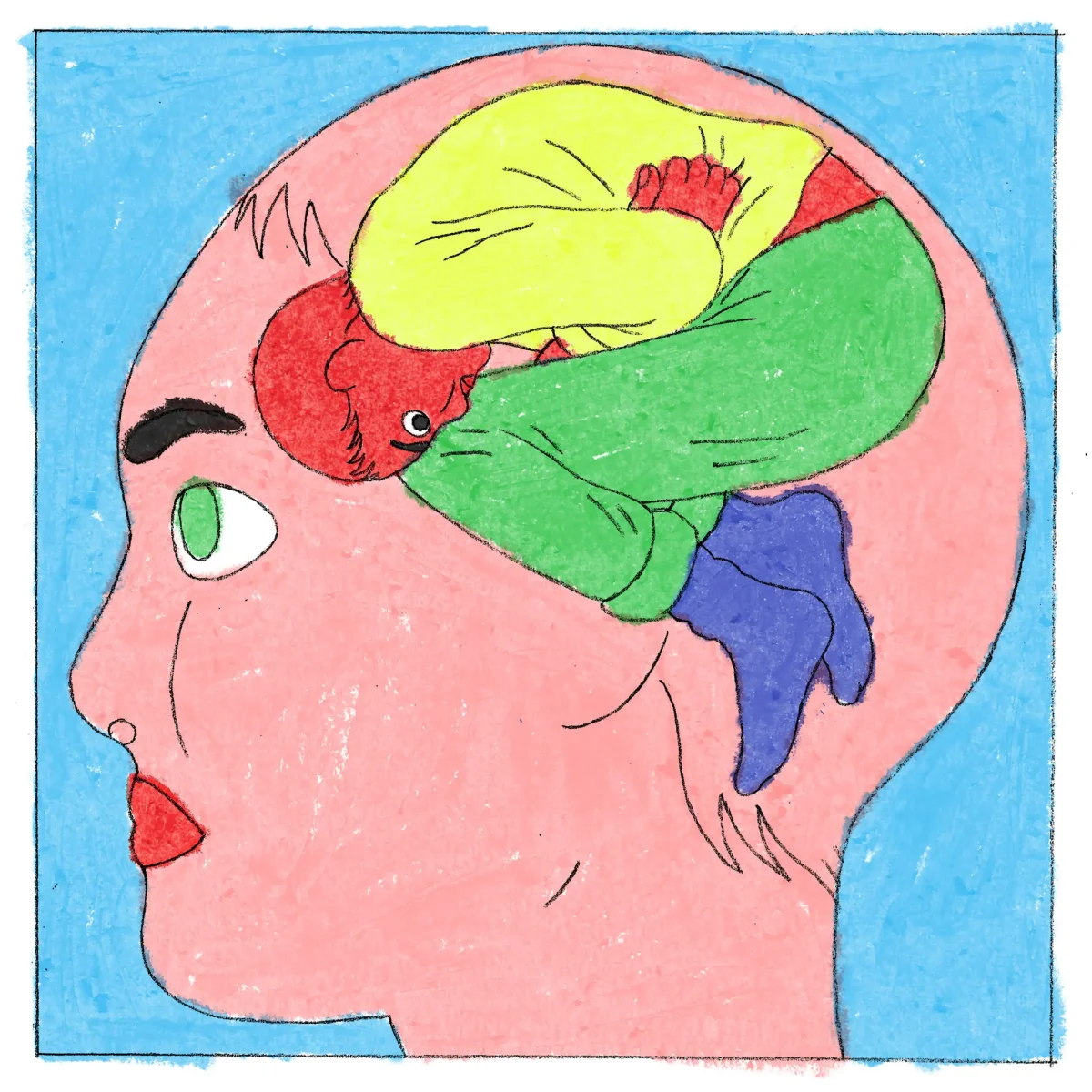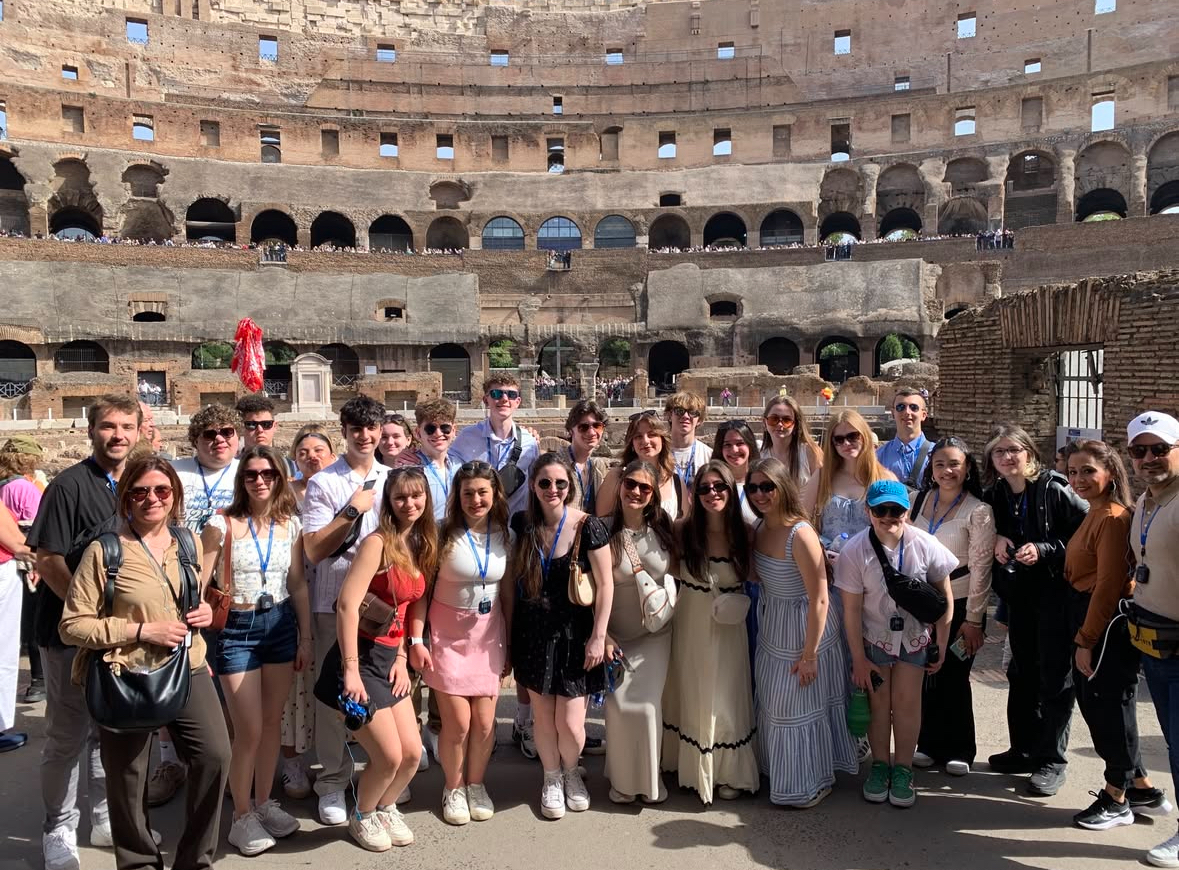In the midst of the COVID-19 pandemic, author Suzanne Collins released The Hunger Games: The Ballad of Songbirds and Snakes, a prequel to her claim to fame, The Hunger Games trilogy. The novel was released with little to no anticipation, almost zero commentary on social media, and a definite lack of communal excitement. While it scored a decent 3.9/5 on Goodreads and 3.5/5 on Entertainment Weekly, most fans didn’t consider reading the book until the movie adaptation’s trailer was released.
Before the film’s release on November 17th, 2023, The Hunger Games fandom experienced a major revival. If you were active on TikTok or Twitter during this time, it was a true challenge to try to avoid any kind of spoiler. Commentaries on the previous novels and films were popping up as well, especially within the commentary communities on YouTube and TikTok. As someone who spends a lot of time exploring these areas of the internet, I was fully sucked back into my 12-year-old obsession.
The film opened with mediocre reviews from critics, scoring a 64% on Rotten Tomatoes and a 7.2/10 on IMDB, but was an absolute hit with fans. Many Hunger Games fans remembered what made us fall in love with the original trilogy while also getting to experience a new story featuring almost entirely new characters. Series revivals and continuations are very common these days, but most don’t have an effect on fans like The Hunger Games did. So why did Songbirds and Snakes strike fans in a way that many franchises haven’t been able to do?
I credit the success of The Hunger Games: The Ballad of Songbirds and Snakes among fans to the lack of The Hunger Games content we’ve received in the last 10 years. The last Hunger Games content fans received was the 2015 film adaptation of Mockingjay. Since 2015, we haven’t gotten a single piece of canon content. Oversaturation of the market can murder a series, as seen by the recent cases of “superhero fatigue” and unnecessary horror film sequels. Too much of anything can drive a series or genre into the ground. Suzanne Collins, however, fixed this potential issue by only releasing a novel when she truly felt the need to add one.
The Hunger Games world has so many possible storylines. There are 74 tribute games and a whole war’s worth of content, but Collins doesn’t touch it. Why would she? What would 74 more games add to the story? What real character growth could be explored? How much could it be meaningfully incorporated into the world? As much as people want more movies, as seen by the fact that the most common criticism of The Ballad of Songbirds and Snakes touches on its runtime, many either believe the film should have cut at least 30 minutes or split the film into two separate films, like Mockingjay did. Would it really be the best idea?
Fans, including myself at times, preach that we want more; however, if you look at the repercussions of other franchises doing so, it’s not a good idea. Though the games can be diverse in both winners and stadiums, they’ve got the same basic premise. We’ve seen this problem pop up in relation to many horror franchises. Scream, for example, has the same basic premise of mystery killers, and many of the same characters appear in the films; however, fans are getting burned out. It’s even obvious that the filmmakers are trying to figure out ways to diversify the franchise while still keeping the premise the same, as noted by the three killer twists of the most recent film. This same fate could easily besiege The Hunger Games if Suzanne Collins wasn’t as careful as she is with her series.
So why is Songbirds and Snakes the perfect addition to an already incredible series? Simply because fans desired more. The failure of most, if not all film additions, stems from a lack of desire, either a desire to go out of their way to see it or spending the money on something they don’t really care for. Sequels and prequels are incredible when they are wanted! The demand from fans mixed with strategic releases allowed for both an incredible stand-alone film and a series addition.










